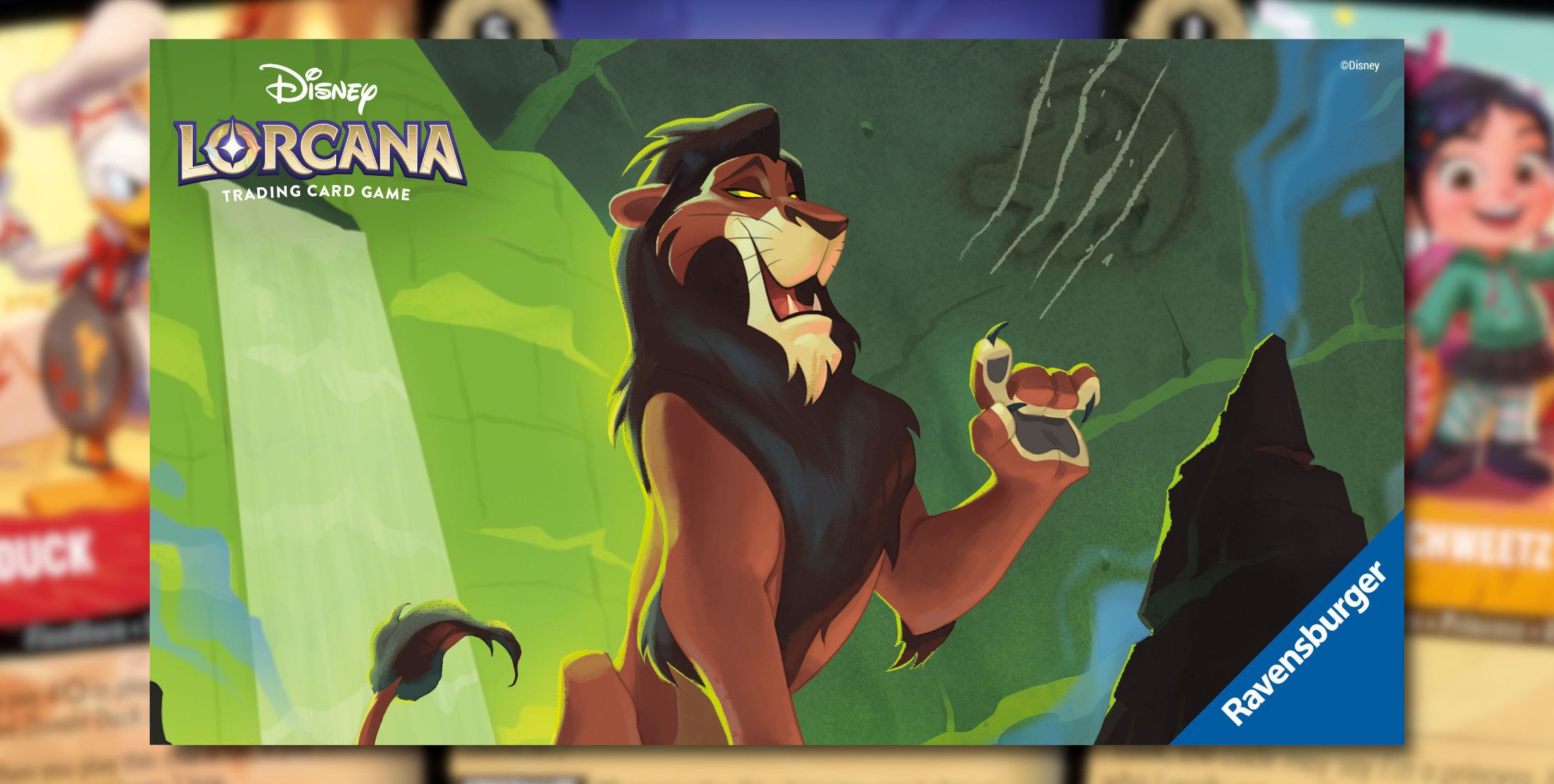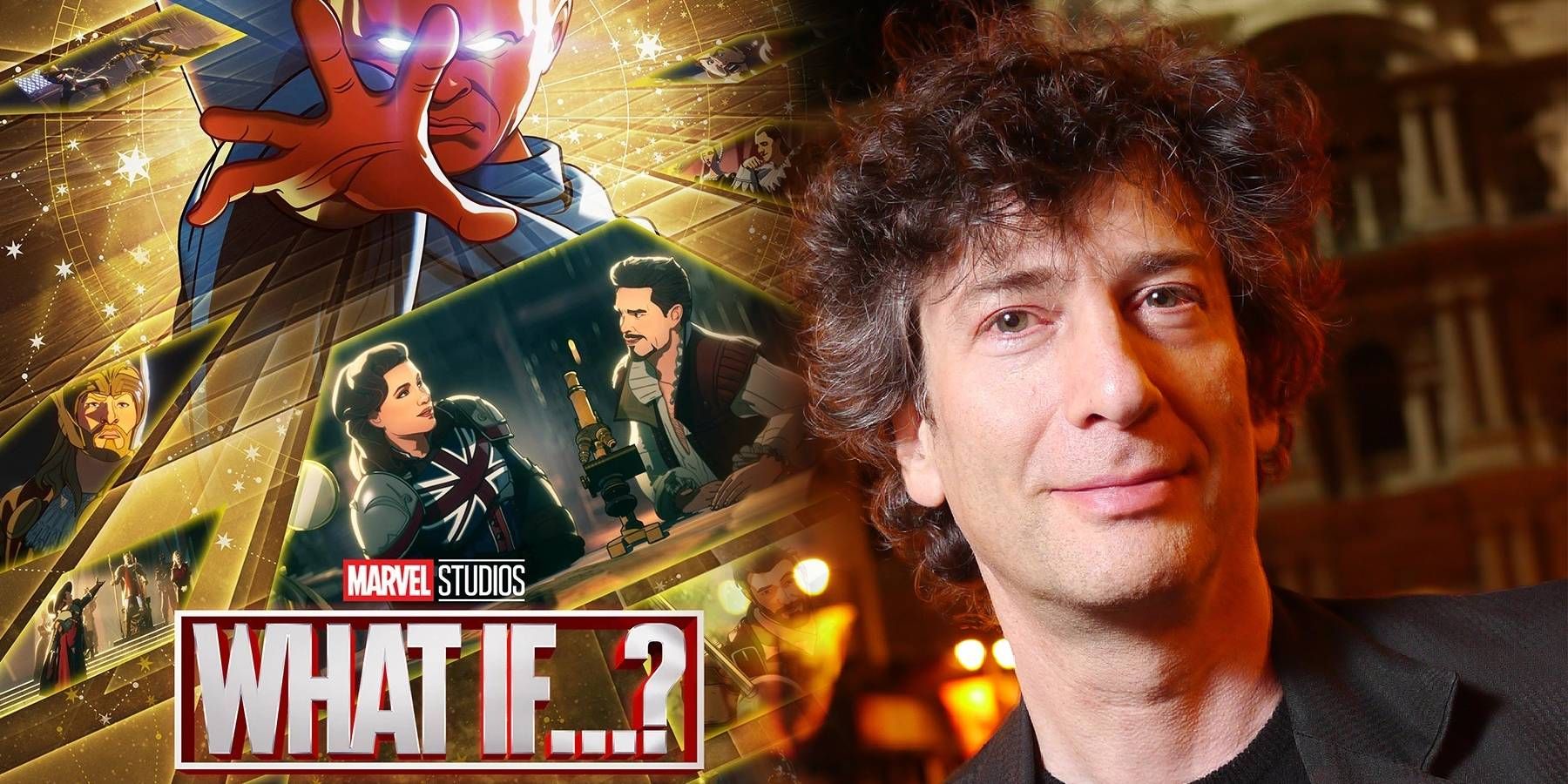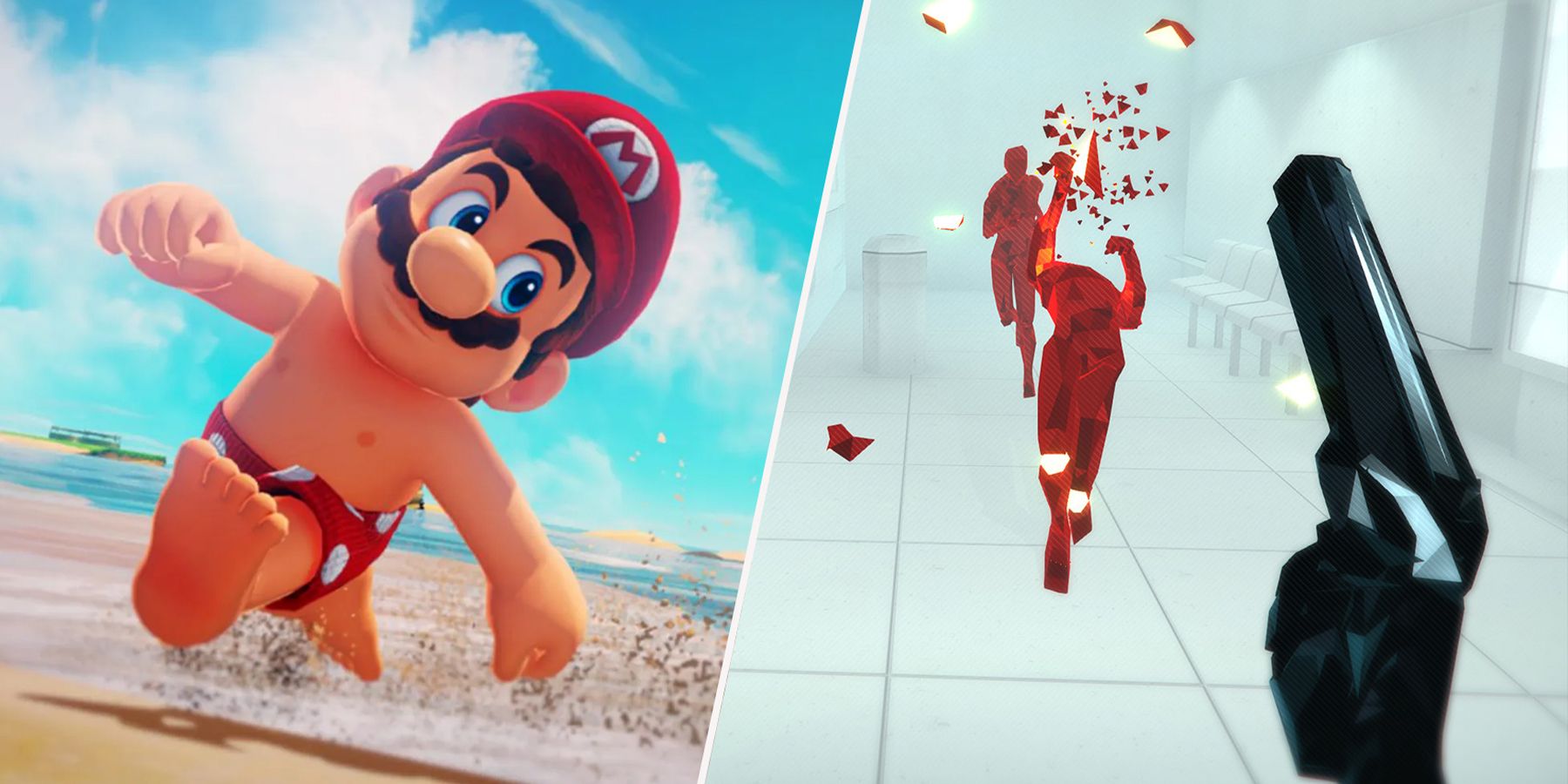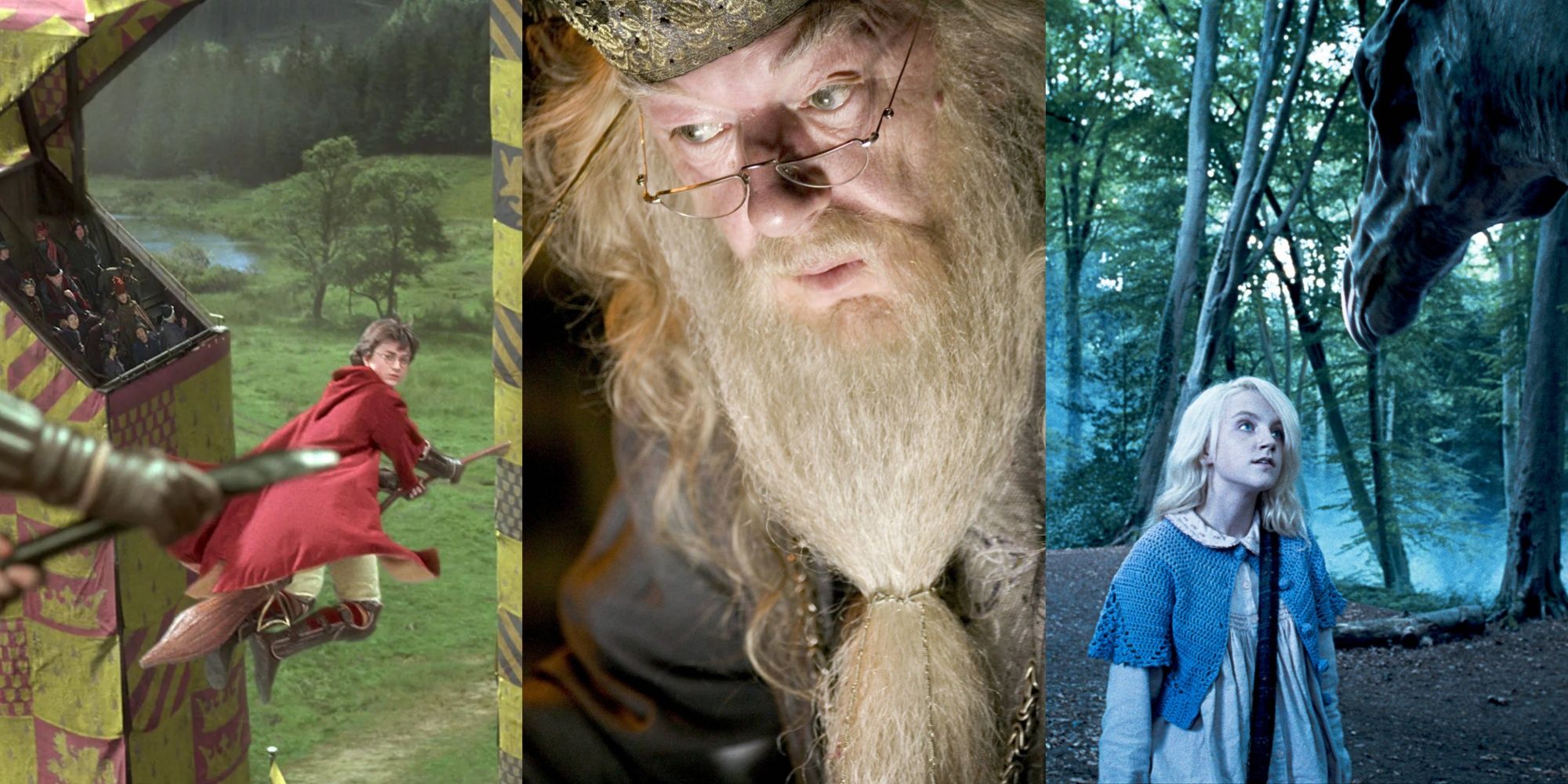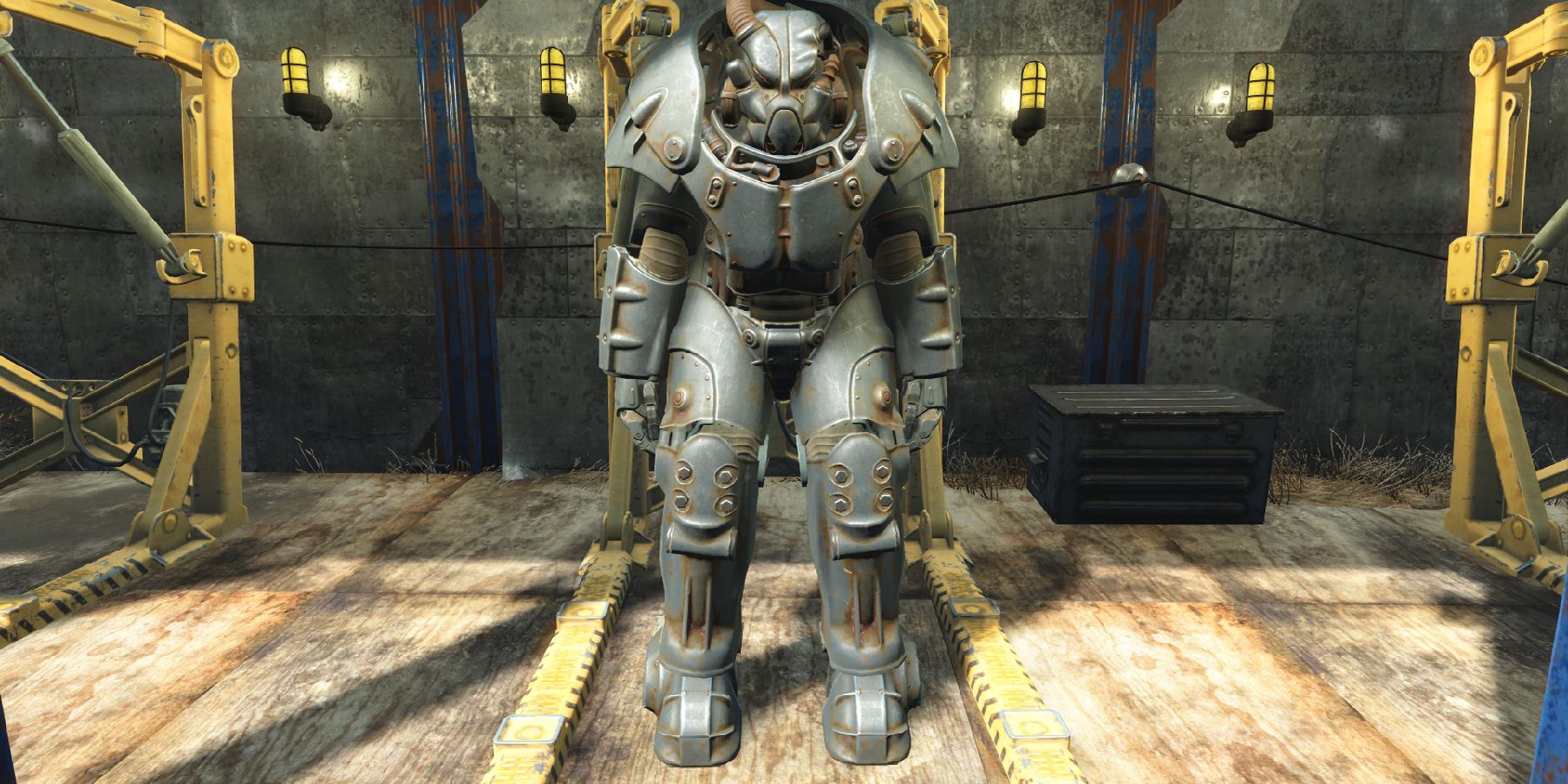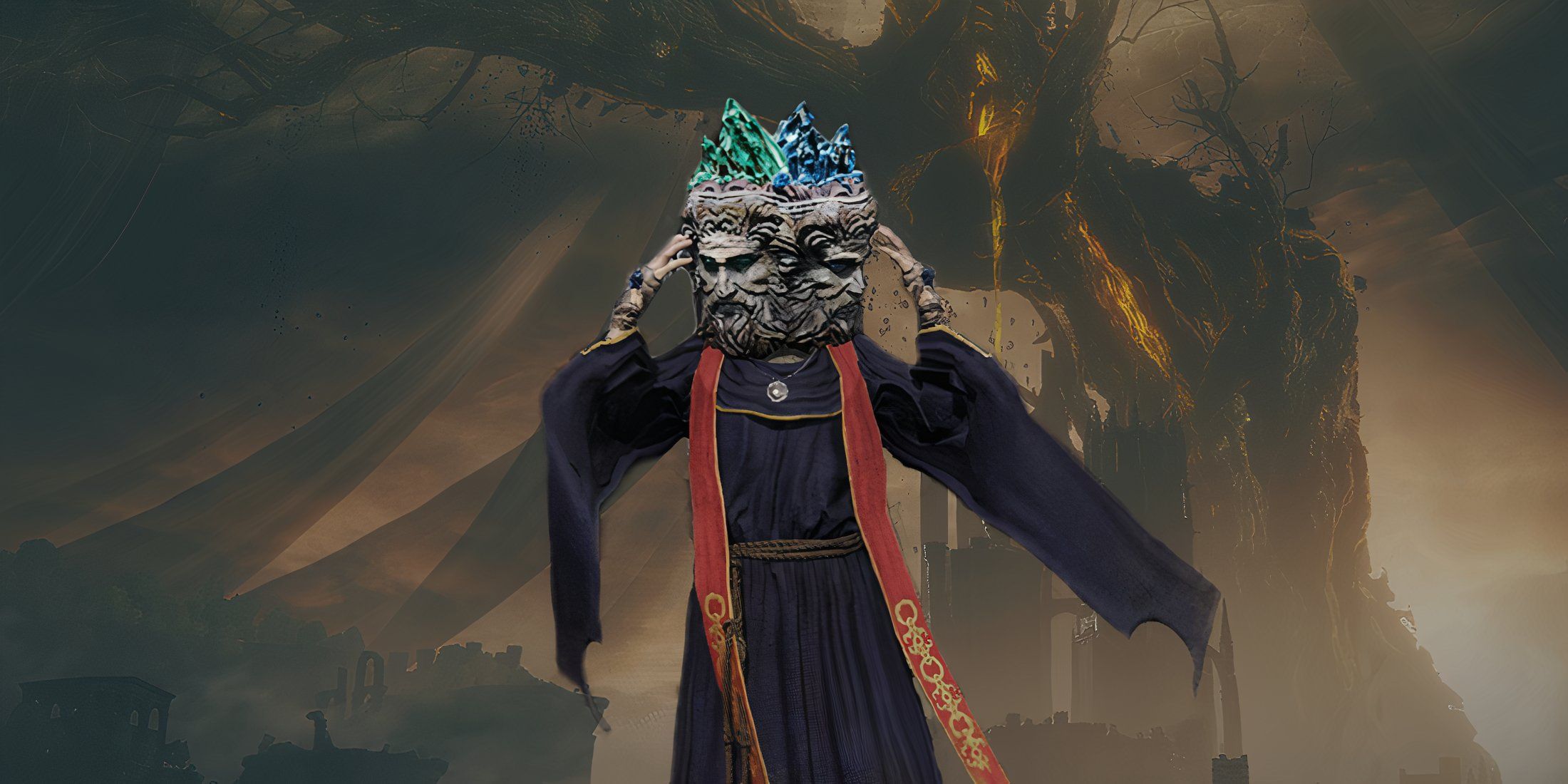Highlights
- “What If…? season 2’s Avengers 1602 episode draws obvious inspiration from Neil Gaiman’s Marvel 1602 comic series.”
- “Neil Gaiman was not consulted or contacted regarding the adaptation, despite his original work.”
- “While there are some differences between the comic and the episode, the similarities between the two stories are hard to ignore.”
What If…? season 2’s Avengers 1602 episode was remarkably similar to a story already featured in the comics. But the person responsible for that original entry was allegedly never contacted about the adaptation. However, it looks like things aren’t as simple as just cutting out the creator.
As part of Marvel Studios’ hypothetical multiverse-spanning anthology series, What If…? season 2 featured an episode called “What If… the Avengers Assembled in 1602?” Following the alternate-reality supersoldier and fan-favorite hero Captain Carter, the episode sees her flung into the distant past in an alternate universe to lend her aid against a catastrophic cosmic anomaly threatening to end that reality. The gimmick came from seeing familiar faces like Nick Fury, Thor, Scarlet Witch, and several other Marvel heroes as natives of this new period. But this isn’t the first time such a premise appeared in a Marvel work, and the one who originally introduced the idea was nowhere to be found in this new adaptation.
Writer Neil Gaiman recently answered a fan question on Tumblr regarding the episode in question. Originally, Gaiman wrote a short comic series for Marvel called Marvel 1602, which featured a similar idea of familiar heroes living in the Elizabethan era down to the same year. It would seem a no-brainer that Marvel Studios would bring him on to at least consult when making the What If…? episode. However, according to the writer himself, he was never contacted.
This certainly seems rather unfortunate on the surface, particularly since What If…? was undoubtedly influenced by Gaiman’s work. But a closer look reveals that the two stories share little other than a setting and a very loose story connection. Marvel 1602 featured its heroes living in that period without someone like Captain Carter to serve as an audience surrogate. It also included real-life figures like Queen Elizabeth I and King James VI, further setting it apart from the What If…? version. Perhaps Marvel Studios saw that disconnect as a plausible reason not to loop Gaiman in on the process.
However, looking even deeper dredges up some undeniable links between the comic and the episode. For one, the world’s fate in both seems to hinge on a mysterious figure from the future known as the Forerunner. This was a significant aspect of Gaiman’s original comic book and the What If…? story, down to the all-seeing Watcher having a hand in things. The episode also reworked the dynamic between Elizabeth I and James VI to include Hela and Thor instead, respectively. When both stories show the former being lost or killed, the latter takes over and rules with an iron fist, expressing distrust in supernatural and superhuman individuals.
Given the differences, it could be that Marvel Studios wanted to go their way with the What If…? episode. But it still seems a bit unfair to exclude Gaiman. Sure, he’s got a lot going on, including the beloved Netflix adaptation of his Sandman stories. But it seems pretty clear that, despite the creative liberties, What If…? took direct inspiration from Marvel 1602. If nothing else, a simple consultation may have been warranted.
What If…? season 2 is now streaming on Disney Plus.
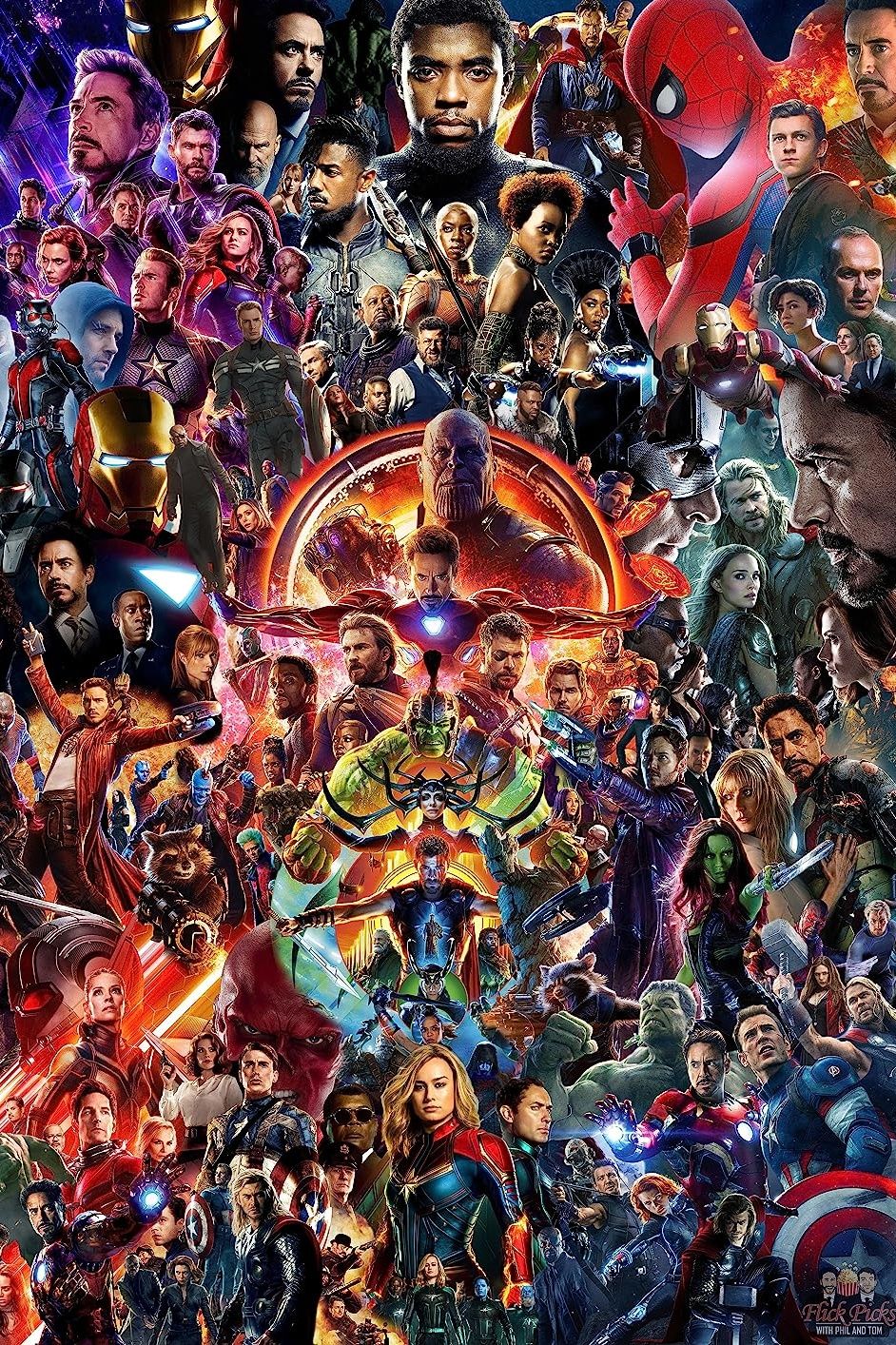
MCU
The Marvel Cinematic Universe (MCU) is a sprawling movie and television franchise that weaves together individual stories of superheroes, including Captain America, Thor, Spider-Man, Hulk, Black Widow, and many more. The first film in the franchise, Iron Man, was released in 2008. The MCU has garnered critical praise and financial success, earning billions at the box office and becoming a cultural phenomenon.
Source: Neil Gaiman/Tumblr

